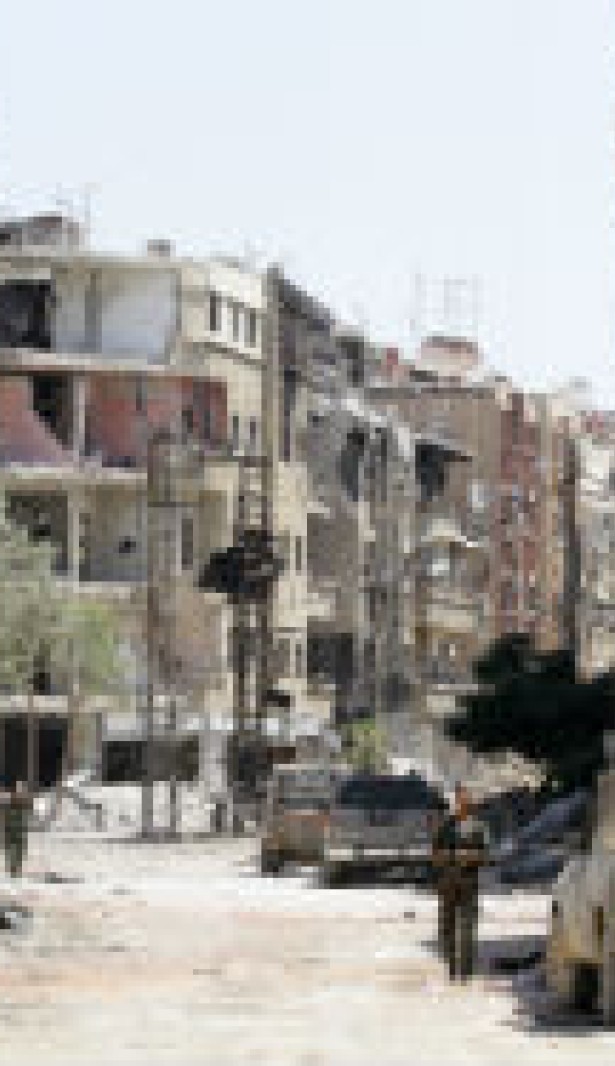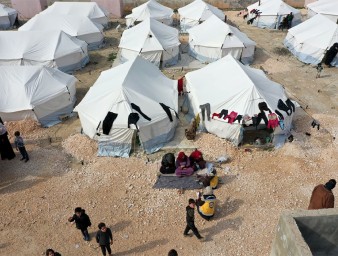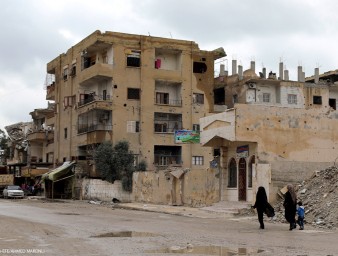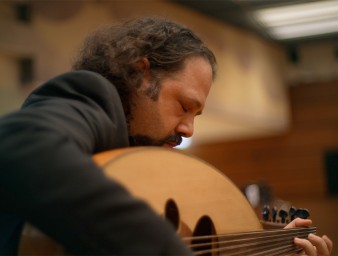Crying Out for Justice: the Continued Plight of Syrian Civilians
22 September 2015
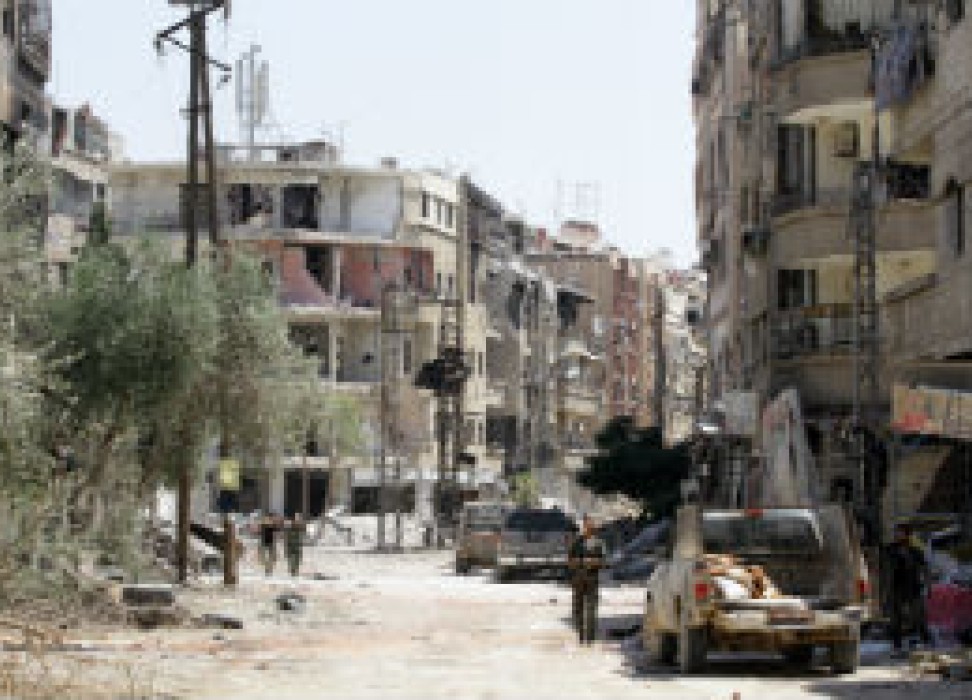
No one thought much of the group of men who appeared to be part of the Kurdish People’s Protection Units (YPG), as they milled about the town of Kobane in Aleppo Governorate in the early morning hours on 25 June.
No one had reason to worry, until the men started shouting and shooting.
“You are Kafirs (infidels)!” the men yelled at local people.
“And (then) they just shot randomly,” a young male law student interviewed by the UN Commission of Inquiry on Syria recalled. “I know more than 90 civilians, many of them women, children, and elderly persons, were killed in the attack. I’m sure there were more.”
The men were undercover so-called Islamic State of Iraq and Al-Sham (ISIS) fighters. They spread out across the town of Kobane, and targeted civilians during two days of sustained attacks. This description of the attack was one of the hundreds of eyewitness testimonies relied upon by the Commission for its latest report.
In its tenth report, presented to the Human Rights Council, the Commission focused on the impact the conflict is having on specifically affected groups and communities, including women, children, religious minorities, the besieged, human rights defenders and lawyers, journalists, and academics.
“Civilians are suffering the unimaginable, as the world stands witness,” said Commission Chair Paulo Sérgio Pinhiero. “Without stronger efforts to bring parties to the peace table, ready to compromise, current trends suggest that the Syrian conflict – and the killing and destruction it wreaks – will carry on for the foreseeable future.”
For nearly five years, Syria has been mired in conflict, which began in 2011 when the Government launched a violent crackdown on peaceful demonstrators seeking more economic and political rights and civil liberties. The conflict has escalated and splintered over the years, with hardline religious and ideological groups jostling for power and position across the country. It has led to a mass displacement of civilians – of the 23 million residing in Syria before the conflict, 8 million are now internally displaced, while 4 million have fled to neighbouring countries. An estimated 300,000 have crossed the seas in an attempt to get to Europe and elsewhere.
“The preservation of the essential humanity of those affected by conflict – whether fleeing or forced to remain and face it – is the raison d’être for the Commission of Inquiry,” Pinhiero said.
During a recent press conference, Commissioners showed palpable frustration with the slow pace of negotiations towards reaching a political solution to the crisis, and with the lack of mechanisms to bring those guilty of atrocities to justice.
“We investigate,” said Commissioner Carla del Ponte, “yet nothing happens. So justice – which should be the first important step in the peace process – is illusive. In Syria, crimes are committed with total impunity.”
The report calls for urgent action to ensure the protection of Syrian people. It provides 24 recommendations to all parties to the conflict, the international community, and the Security Council.
22 September 2015
